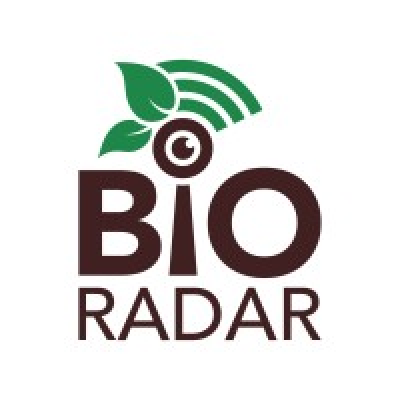
BIORADAR
Monitoring system of the environmental and social sustainability and circularity of industrial bio-based systems

Monitoring system of the environmental and social sustainability and circularity of industrial bio-based systems
The BIORADAR project develops indicators and digital monitoring tools that will enable policymakers and investors to gauge the environmental and social impact of bio-based industrial systems. BIORADAR’s outputs will also help incorporate circularity into bio-based supply chains as a design criterion and facilitate the transition from linear fossil-based to circular bio-based systems.
Frameworks and metrics formulated under BIORADAR will make it possible to assess carbon emissions and indirect land use change risks of bio-based systems. The project will also explore climate change mitigation opportunities for entire supply chains and develop frameworks for social impact assessments.
The main aim of BIORADAR is to develop a comprehensive monitoring system to assess the circularity and the environmental and social impact of bio-based industrial systems. This will be achieved by reaching the following goals:
To connect bio-based industrial system stakeholders from different value chains, BIORADAR will provide metrics for every step of the innovation process. This will improve bio-based systems from an economic, social and environmental viewpoint.
BIORADAR’s set of digital tools will constitute a one-stop-shop for resources to help companies, policymakers, and investors understand bio-based systems' environmental and social impact. The tools will be tested and deployed within three industrial environments (bio-based textiles, fertilisers, and packaging).
BIORADAR defines specifications and standardised solutions for bio-based products and processes that can facilitate industry agreements on circularity and sustainability through increased data exchange among value chain actors and enable the development of new types of business.
To give companies, decision-makers and consumers confidence in new bio-based materials and products, BIORADAR will develop: